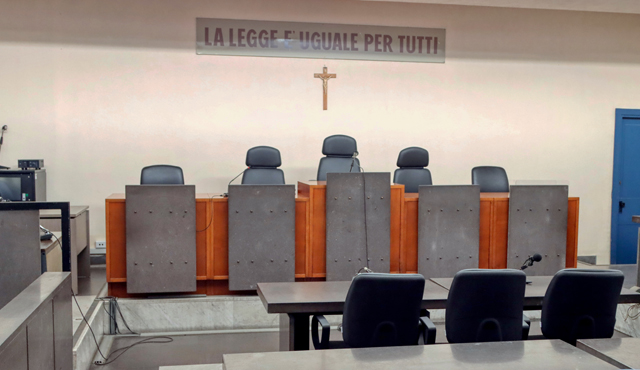We have received a number of questions regarding the most common legal problems faced by foreigners who are traveling to, doing business in, and living in Italy. The answers often depend on how long you plan to stay in Italy, why you’re there, and how well you know Italian culture. We’ll be answering these questions in the course of the next several columns.
What are some of the major differences in the Italian and American legal systems?
The legal systems of Italy and the United States have many differences rooted in their historical origins and foundational principles. Italy follows a civil law system, tracing its lineage directly from ancient Roman law. In contrast, the United States operates under a common law system, where precedents set by individual cases hold equivalent authority to statutes and regulations.
Civil law systems, including Italy’s, use individual case decisions primarily for advisory purposes rather than for establishing binding legal precedents. In Italy, the hierarchical structure of legal sources begins with the Italian Constitution, akin to the paramount role of the United States Constitution. As a member of the European Union, Italy also acknowledges EU legislation as a pivotal source of law.
Despite that, Italy recognizes all the basic rights that Americans enjoy. Private property is protected and, in general, Italy is a safe place to do business from a legal system standpoint. Due to the harmonization of the rules of law within the EU, you may find in Italy that many rules and regulations are similar if not identical to the correspondent rule in another EU country.
The Italian Civil Code derives mainly from ordinary law, legislative decrees and regional legislation. Unlike the United States, with its federal courts, Italy relies on various “tribunal” distributed across districts and “corti d’appello” situated in different provinces.
In the area of criminal law, unlike the American system, which employs juries for trials, Italy mandates trials led by professional judges or a panel of judges.
Due to the heavy workload of these judges, the legal landscape in Italy is characterized by the extremely long time it can take for courts to reach decisions. In light of this, individuals and entities involved in legal disputes often find it prudent to explore alternative dispute resolution methods, like mediation or arbitration.
The Italian legal system can pose additional challenges due to its bureaucratic intricacies. As a result, creating a company often requires the assistance of a notary public and possibly of an attorney, especially if there are multiple parties.
Therefore, when undertaking legal matters, seeking the guidance of an Italian legal counsel is strongly advisable. This also holds true when interacting with governmental agencies. A well-trained and skilled Italian attorney will ensure a thorough understanding of your rights and of the surrounding legal landscape.
Send your questions regarding Italian law to cbortolani@aliantlaw.com and I’ll be glad to answer them.
The content provided in this Q&A column is intended solely for general informational purposes and does not constitute legal advice. The information presented here is not tailored to any specific situation or transaction and should not be relied upon as a substitute for professional legal counsel. Legal issues can vary widely based on individual circumstances and jurisdictional nuances. Therefore, it is crucial to consult with a qualified legal professional regarding your specific case or concerns. Please be aware that no attorney-client relationship is established by accessing or interacting with the information provided in this column. The column’s author and publisher disclaim any liability for actions taken based on the information contained herein.
 Fra Noi Embrace Your Inner Italian
Fra Noi Embrace Your Inner Italian







